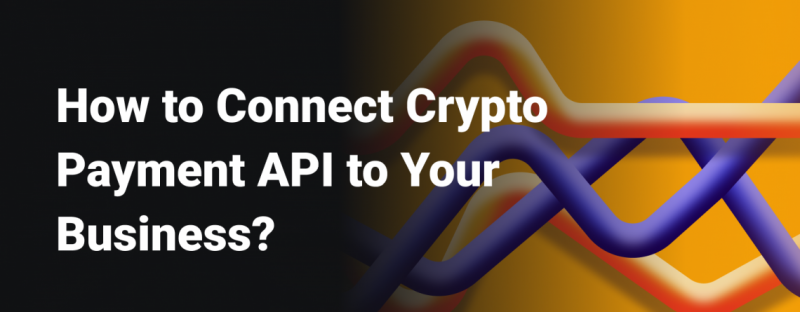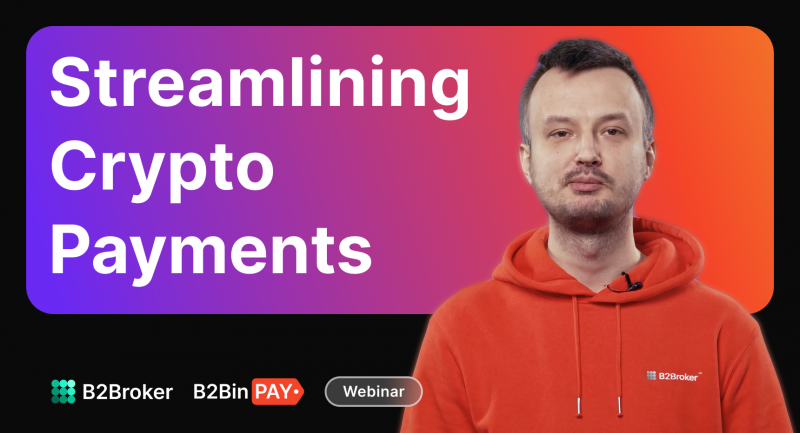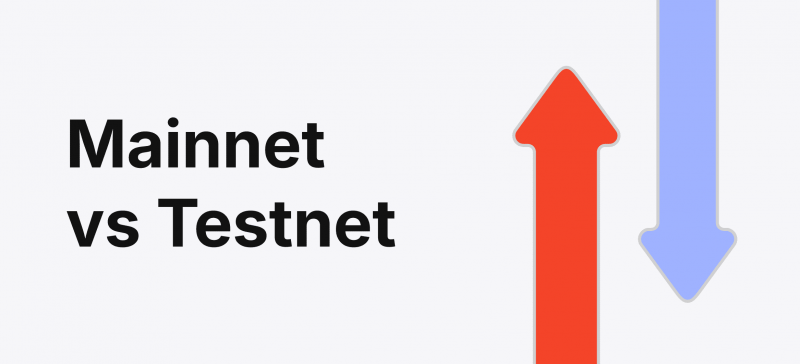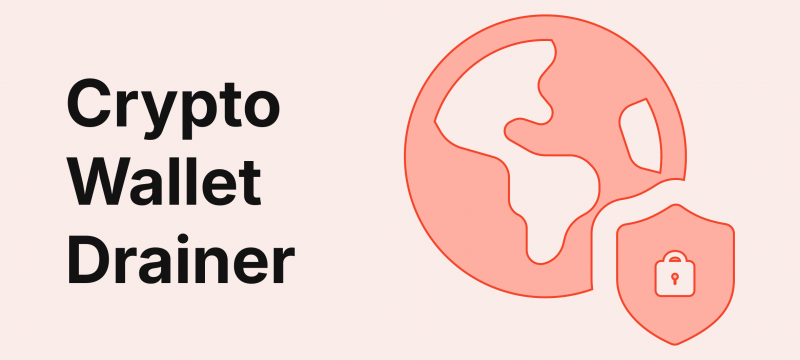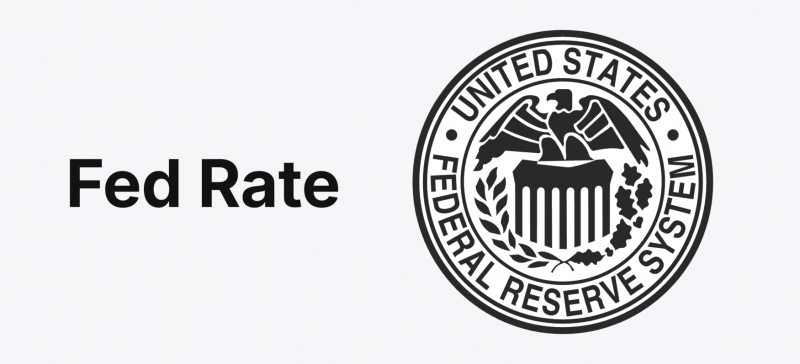Merchants from all over the world understand that crypto payments are somehow the must-have step towards progress. Millions of crypto holders may become your potential clients – in case of well-planned marketing your incomes may augment rapidly. On the other hand, crypto payments are still a new word for merchants, and they don’t understand how to connect a Bitcoin payment processing API. Let’s clear things up.
Can a merchant integrate crypto payments on his (her) own?
The first and foremost concern lies in that merchants don’t understand how the process of crypto payments (CPs) works. Some business owners try to integrate such payments on their own, facing a string of problems, as they need to connect every digital asset separately. For instance, a merchant has implemented a Bitcoin Cash payment API, and the same steps are required for all the other cryptocurrencies they are going to accept.
While talking about the fast-growing progress, one or two digital assets are definitely not enough for your business. The overall number of issued cryptocurrencies is over 11 000. As for holders, most of them have at least 10 different assets on their wallets. This said the more crypto assets are accepted by your company, the better.
Steps to integrate an API for crypto payments
Business owners are looking for innovative and technological solutions, applying to companies that specialize in CP solutions. Experts integrate a Cardano payment API, as well as solutions for other digital currencies, and set up the process.
What is the working mechanism of the crypto payment process? The solution includes the following steps:
- API is connected to a business owner’s payment page. The CP option appears among the available payment methods.
- When a user selects the payment option, a request is sent to the API.
- In case a customer’s payment is successful, the system unlocked a good or service. When something goes wrong, a customer is redirected to the payment page, and the system asks him (her) to try again.
Furthermore, the system generates a temporary token to access API services. A token’s main goal is to be authorized in the system.
What other important functions are payment providers responsible for? The list is widespread enough.
All-in-one solution for crypto-friendly merchants
While talking about payment gateways, the processing of CPs is the main goal of providers; meanwhile, merchants get much more.
When the crypto transaction is processed (e.g., through Stellar payment API), business owners have two possible ways to follow: receive digital assets to their accounts, or get crypto funds automatically exchanged to fiat and transferred to bank accounts. The second solution is especially important in jurisdictions where crypto payments are out of the law.
As for wallets, payment providers open the entrance door into the crypto world, as merchants may hold, exchange, send, and receive their digital currencies at any time.
What is the best crypto payment provider?
Such questions frequently don’t have one clear answer in most cases, but there is an exception. B2BinPay is awarded as the best provider of crypto payments, as this solution combines advanced technologies with innovations. Merchants get an opportunity to receive more than 800 digital assets, and the processing fee is as tiny as 0.5%.
Business owners get a useful and convenient sandbox, secure wallet, and real-time access to extended reports. B2BinPay always strives for perfection, granting partners eye-catching payment solutions to conquer the market.
